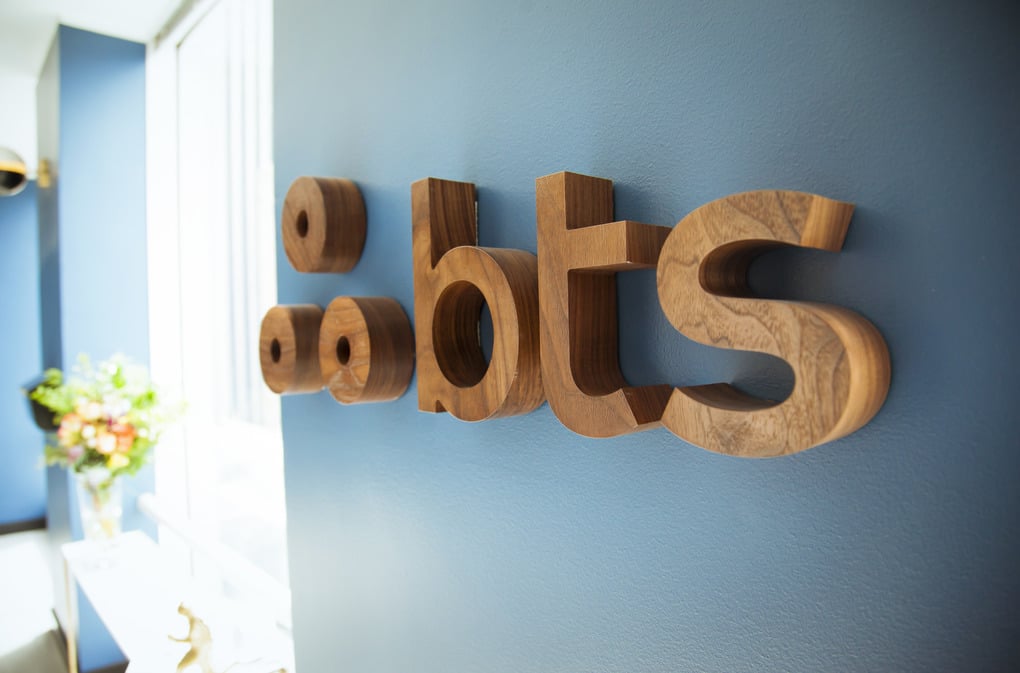“The only thing necessary for the triumph of evil is for good men to do nothing.” Edmund Burke
Bias in the workplace takes many forms. It may show up as sexism, racism or even bias against another department or function. What they all have in common is that bias makes someone feel less valued, less respected or excluded because of some group they are identified with. While it can take many forms, there always seems to be some type of “in” and “out” groups at work, with the “out” group feeling like they do not belong.
Making sure all people feel like they belong is not just the right thing to do morally, it is the right thing to do business-wise. For example, research finds that “the need to belong trumps the need for safety.” (Glaser, 2013). According to research by Stewart et. al., “A sense of belonging and attachment to a group of co-workers is a better motivator for some employees than money.” (2012).
We all have biases, even when we have the best intentions. And we bring them with us to the workplace. Even when we see those biases unfold, we do not always speak up. Speaking up can be hard to do, but it is the right thing to do. Having allies, especially allies who are part of the “in” group, makes it much easier to start the conversation. But it is critical to start the conversation and make it safe for everyone to speak up when they see biased behavior.
In this article Michael Seitchik, Bates Director of Research and Assessment, explores why the path to creating a culture of belonging is paved by speaking up.
You’ll learn about:
- The Bystander Effect and the Diffusion of Responsibility
- How to Reduce the Risk of Speaking Up
- Creating a Culture Where Speaking Up Will Be Heard and Embraced

